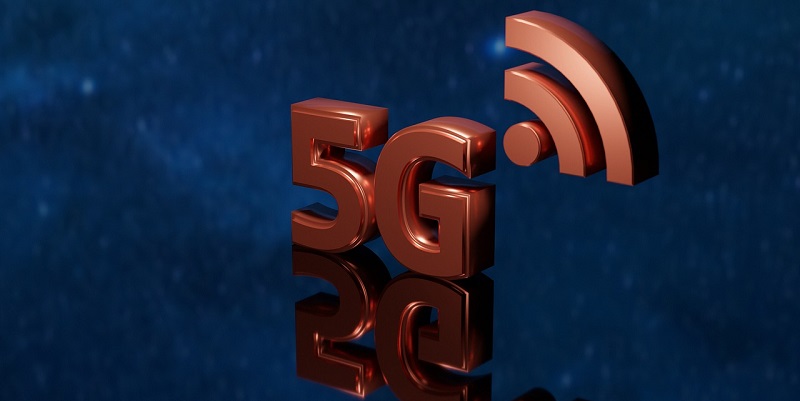The evolution of mobile technology has been a remarkable journey, transforming the way we communicate, work, and live. From its humble beginnings with 2G technology, the industry has seen tremendous advancements that have revolutionized our mobile experience. Now, with the advent of 5G, we are on the verge of a new era that promises lightning-fast speeds, unparalleled connectivity, and the potential to unlock transformative technologies. Let us delve into the fascinating evolution of mobile technology and explore the incredible capabilities of 5G.
2G: Introducing Digital Voice Communication
The transition from analogy systems to 2G technology brought about significant advancements in mobile communication. Digital voice transmission offered improved call quality and reliability, allowing for clearer conversations and reduced signal interference. This shift provided a solid foundation for future developments in mobile technology.
3G: Enabling Faster Data Transfer and Multimedia Services
The advent of 3G technology marked a major milestone in mobile communication. With faster data transfer speeds, users could now access multimedia services on their devices. This breakthrough opened the doors to video calls, mobile internet browsing, and media streaming. Suddenly, the world was at our fingertips, and smartphones became more than just communication devices.
4G: Revolutionizing Smartphone Usage
The fourth generation of mobile technology, 4G, has revolutionized how we use smartphones. This technology offers faster data speeds, lower latency, and enhanced reliability. It empowers users to experience seamless video streaming, engage in high-definition video conferences, and enjoy online gaming without interruptions. Additionally, 4G plays a crucial role in fuelling the rise of mobile applications and the app economy.
5G: A Quantum Leap in Speed, Capacity, and Connectivity
5G technology represents a quantum leap in the world of mobile technology. Its blazing speeds, unparalleled capacity, and ultra-low latency are set to redefine how we connect and interact with the digital world. With download speeds expected to reach up to 10 gigabits per second, 5G will enable lightning-fast downloads and uploads, transforming the way we consume and share data.
The Benefits of 5G: Endless Possibilities Unveiled
The widespread adoption of 5G technology brings forth a host of benefits that will revolutionize various industries and aspects of our lives. The enhanced speed and bandwidth of 5G networks ensure seamless streaming, quick downloads, and uninterrupted browsing. This means no more frustrating buffering or waiting for content to load. The minimal delay in 5G networks opens up possibilities for real-time interactions and applications that require instant responsiveness.
5G and the Internet of Things (IoT)
One of the most significant impacts of 5G technology will be its ability to support a vast number of devices simultaneously. This capability will foster the growth of the Internet of Things (IoT), connecting everything from smart homes and cities to industries. With 5G, IoT devices will be able to exchange data seamlessly, enabling smarter and more efficient systems in various sectors, including healthcare, transportation, and manufacturing.
Increased Reliability in 5G Networks
5G networks offer increased reliability, ensuring stable connections even in crowded areas. The use of advanced technologies such as beamforming and massive MIMO (Multiple-Input Multiple-Output) enables better signal propagation, reducing the chances of network congestion and dropouts. This reliability paves the way for uninterrupted connectivity, especially in densely populated urban areas where connectivity can sometimes be challenging.
Enabling Transformative Technologies
5G will act as a catalyst for transformative technologies like virtual reality (VR), augmented reality (AR), artificial intelligence (AI), and autonomous vehicles. The lightning-fast speeds and ultra-low latency of 5G are essential for delivering the immersive experiences of VR and AR. AI-powered applications will benefit from the real-time capabilities of 5G, enabling innovations in robotics, automation, and machine learning. Moreover, 5G connectivity will be critical for autonomous vehicles, facilitating vehicle-to-vehicle communication and enabling safer and more efficient transportation systems.
In conclusion, the evolution of mobile technology from 2G to 5G has been extraordinary. Each generation has brought unparalleled advancements, changing the way we communicate, work, and live. With 5G, a new era of connectivity is dawning, promising lightning-fast speeds, increased reliability, and the potential to unlock transformative technologies. As we embrace this new wave of innovation, we can look forward to a future filled with endless possibilities and seamless connectivity.

